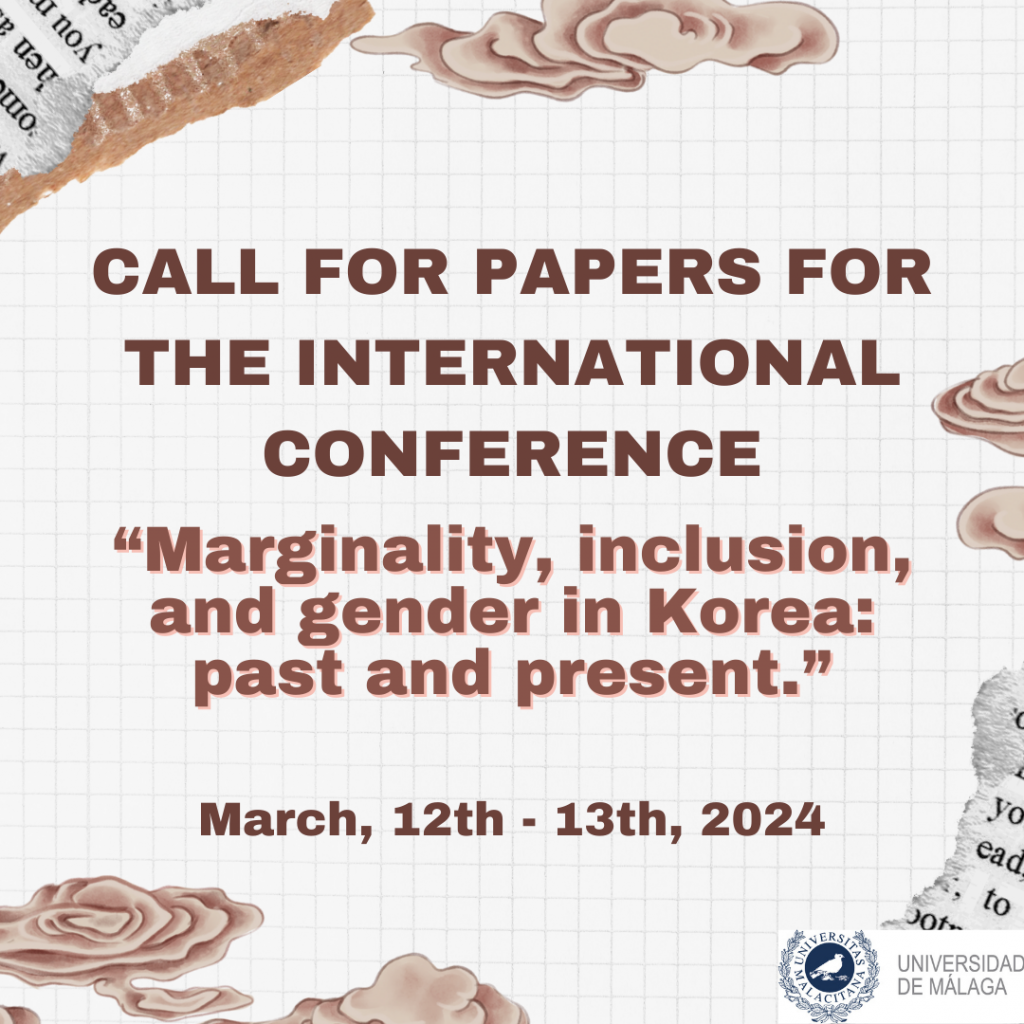Asian Sound Cultures Conference
The University of Sheffield, UK
The Asian Sound Cultures Project is delighted to announce our second conference, to be held at The University of Sheffield from 18-19 September 2024. The second conference will build upon the success of the inaugural conference at Tokyo University of Foreign Studies in 2018 and the resulting book Asian Sound Cultures Project (Routledge, London, 2022), which opened up new avenues for research and cooperation. In Sheffield, we aim to further explore the evolving soundscapes of Asia, their impact on global sound studies, and interdisciplinary approaches to research, performance, and pedagogy.
Asia’s sounds are dynamic, influenced by historical, social, and technological factors, as well as historical processes of transformation that are both global and local. The study of sound is multi-disciplinary and evolving, incorporating musicology, linguistics, anthropology, cultural studies, technology, history, media, and more. The role of sound in shaping cultures, identities, and societies is profound and multifaceted. It is clear that the diverse historical experiences and rich social practices of Asia can be mobilised to provide alternative horizons and voices for the exciting and vibrant field of sound studies, and this conference seeks to expand the horizons of our knowledge, reflecting upon contemporary challenges and opportunities, and the importance of embracing the sensory turn in all of our research.
Our conference aims to foster discussions on the following themes while also welcoming contributions on other related topics:
- Sonic Urbanism: How have urbanisation and modernization reshaped the soundscapes of Asian cities? What are the implications for the sensory experiences of urban dwellers?
- How can we understand the relationship between the man-made sonic environment and the natural environment?
- Technological Transformations: The impact of technology on sound production, distribution, and consumption in Asia. What role has technology played in the evolution of Asian sound cultures?
- Language, Identity, and Sound: Exploring the relationship between language, dialects, and the formation of sound-based identities in Asia.
- Cultural Heritage and Preservation: The role of sound in preserving and transmitting cultural heritage, and the challenges of safeguarding these traditions.
- Sonic Nationalisms. What role does sound play in the development of nationalism? How does/can the study of sound inform theories of nationalism and national identity?
- Sound and Globalization: How have Asian sound cultures been transformed by increasing globalisation?
- Sensory Turn in Sound Studies: How can an enhanced focus on the sensory aspects of sound deepen our understanding of sound cultures in Asia and beyond?
- Sonic Pedagogy: How does/can research into and better understandings of sound influence pedagogy? How can teachers work to incorporate sound into teaching within and across disciplines?
Submission Guidelines
We invite scholars, researchers, teachers, practitioners, and sound enthusiasts to submit their proposals for papers, panels, workshops, and performances. Please submit an abstract of no more than 250 words, along with your name, affiliation (if applicable), and contact information, to asiansoundcultures@gmail.com by 31 January 2024.
We look forward to a vibrant exchange of ideas, knowledge, and experiences, fostering a deeper understanding of sound cultures in Asia and their global resonance. Join us in Sheffield for the Asian Sound Cultures Conference 2024 and contribute to this interdisciplinary exploration of sound in a rapidly changing world.
Contact Information
Contact Email: asiansoundcultures@gmail.com

.png)


























